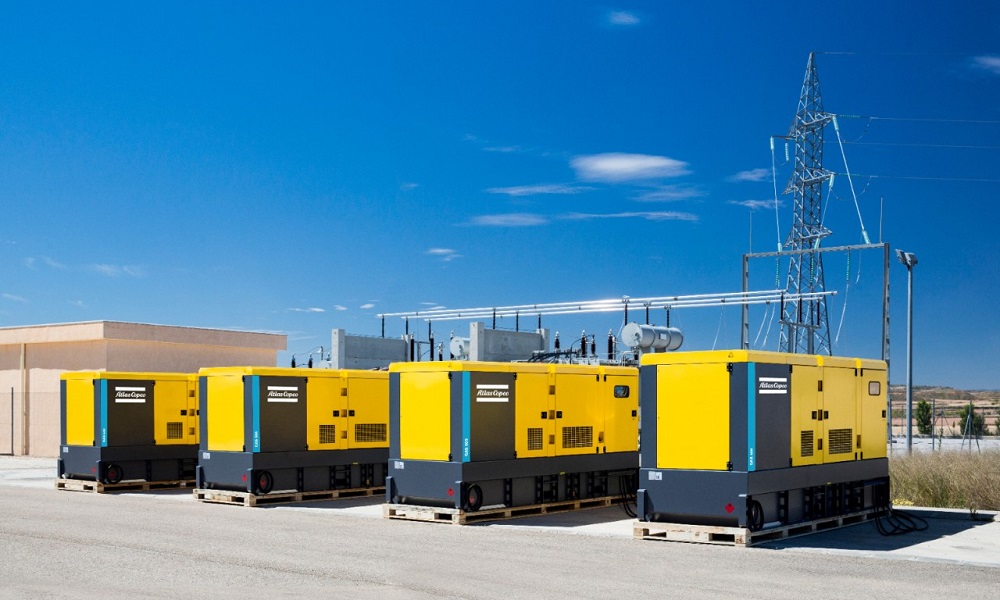Diesel Generators: Powering Resilience and Reliability in an Unpredictable World
Introduction
In a world heavily reliant on electricity, disruptions to the power supply can have far-reaching consequences for industries, businesses, and daily life. Diesel generators, stalwarts of backup power solutions, provide a reliable source of electricity during emergencies and serve as essential support for remote locations, construction sites, and critical facilities. In this article, we explore the workings, applications, and advantages of diesel generators in today’s dynamic and unpredictable landscape.
The Heart of Diesel Generators: The Internal Combustion Engine
At the core of every diesel generator is an internal combustion engine that operates on the diesel cycle. This engine ignites diesel fuel through compression rather than using a spark plug, leading to greater fuel efficiency and longevity. As the engine turns a shaft, it drives an alternator that generates electricity, making diesel generators a prime choice for standby power generation.
Applications Across Industries
Diesel generators find applications in a multitude of sectors. In industrial settings, they ensure uninterrupted power for critical processes and data centers, safeguarding against revenue losses and data corruption. Hospitals and healthcare facilities rely on them to maintain life-saving medical equipment during blackouts. The construction industry employs diesel generators to power tools and equipment at remote sites where grid access is limited.
Remote Power Generation
Remote locations, whether research stations in polar regions or mining sites in desolate landscapes, often lack access to traditional power sources. Diesel generators step in as reliable power solutions, offering consistent electricity for lighting, heating, and essential equipment. Their durability and fuel efficiency make them indispensable companions in such challenging environments.
Emergency Backup Power
Natural disasters, grid failures, and other unforeseen events can plunge entire regions into darkness. Diesel generators act as emergency backup systems, swiftly restoring power to critical facilities like emergency shelters, communication centers, and water treatment plants. Their rapid response and fuel reserves ensure continued functionality when it’s needed the most.
Advantages of Diesel Generators
- Reliability and Longevity: Diesel generators are renowned for their durability and longevity. With proper maintenance, they can operate for decades, making them a cost-effective long-term investment.
- Fuel Efficiency: Diesel engines are more fuel-efficient than gasoline engines, providing more power per unit of fuel. This efficiency translates to lower operational costs over time.
- High Torque and Load Handling: Diesel engines offer high torque at low RPMs, making them well-suited for heavy loads and sudden spikes in power demand.
- Fuel Availability: Diesel fuel is widely available globally, ensuring that diesel generators can be refueled even in remote areas or during emergencies.
- Low Ignition Risk: Diesel fuel has a higher flash point than gasoline, reducing the risk of ignition and making diesel generators safer for storage.
Environmental Considerations
While diesel generators offer numerous benefits, they are not without environmental concerns. Diesel engines emit pollutants such as nitrogen oxides (NOx) and particulate matter. However, advancements in engine technology and the use of cleaner fuels are mitigating these emissions, contributing to more eco-friendly diesel generator options.
Conclusion
Diesel generators stand as resilient powerhouses, bridging the gap during blackouts, emergencies, and in areas lacking access to conventional power sources. With their reliability, versatility, and ability to provide continuous power, diesel generators remain an essential component in a world that relies on uninterrupted electricity to function efficiently and securely. As technology advances, diesel generators will likely continue evolving to meet the demands of a rapidly changing energy landscape.

